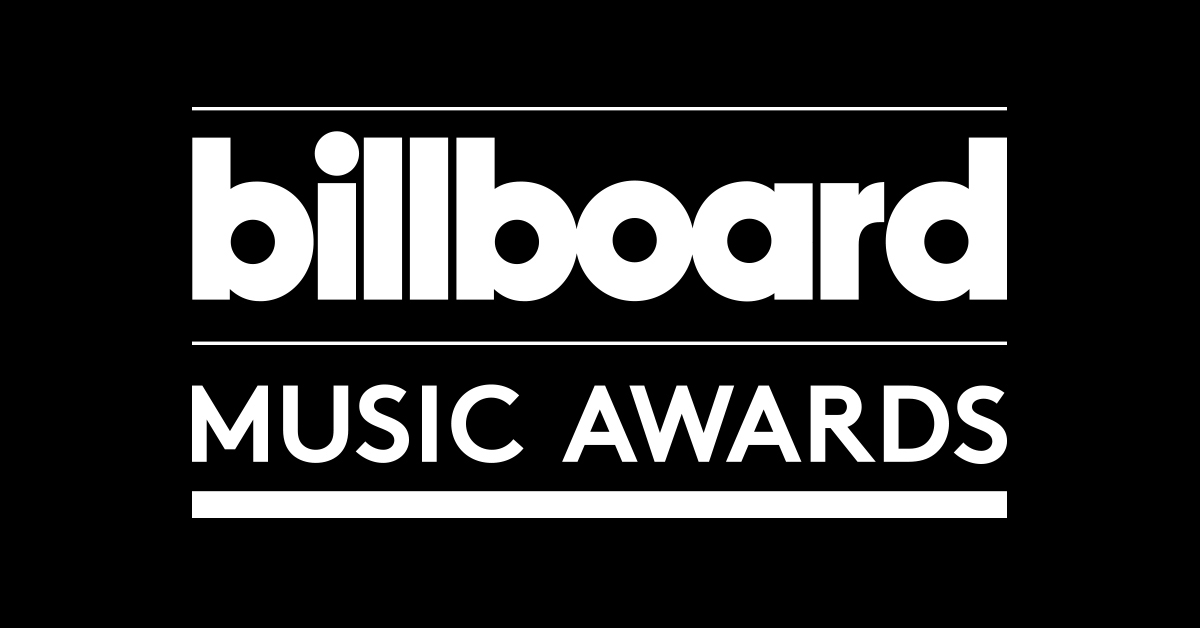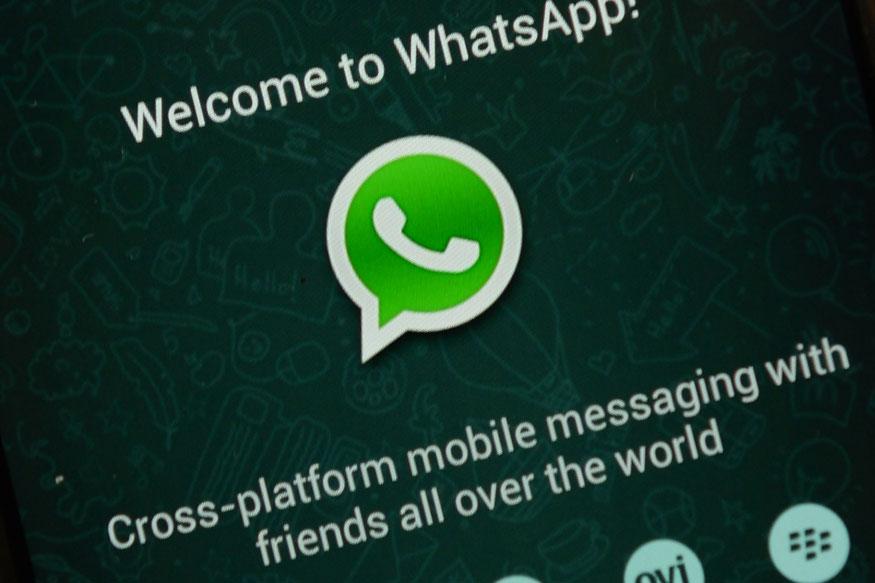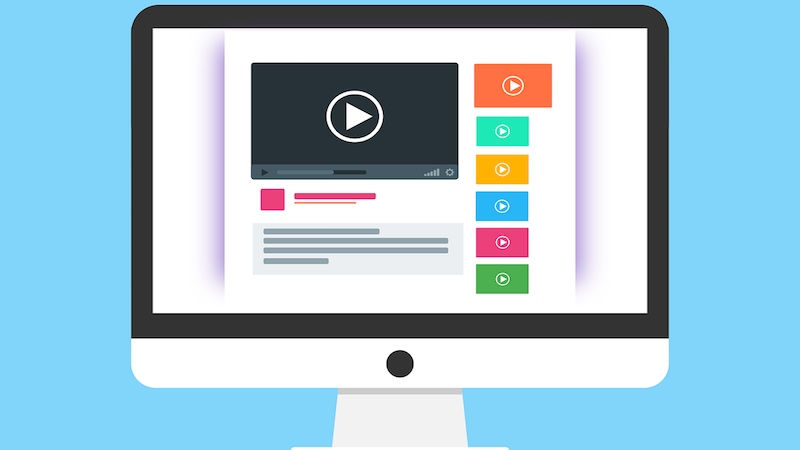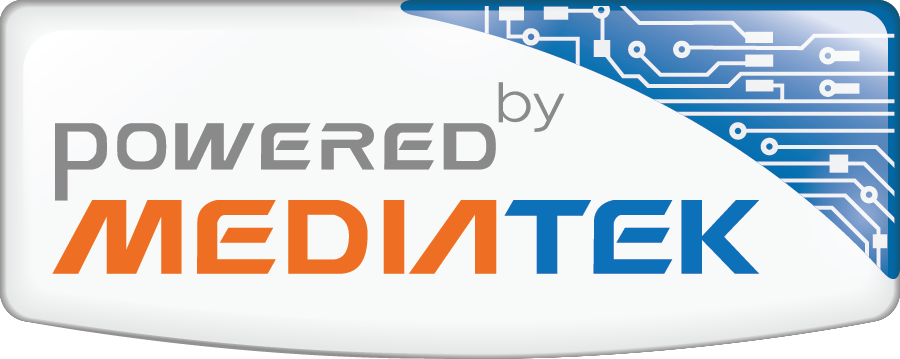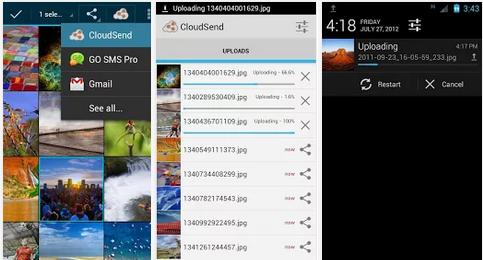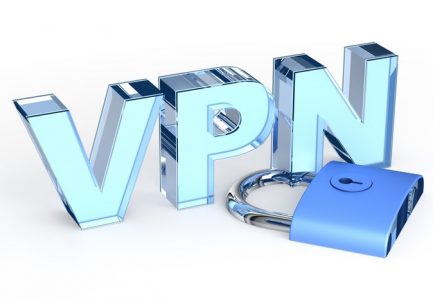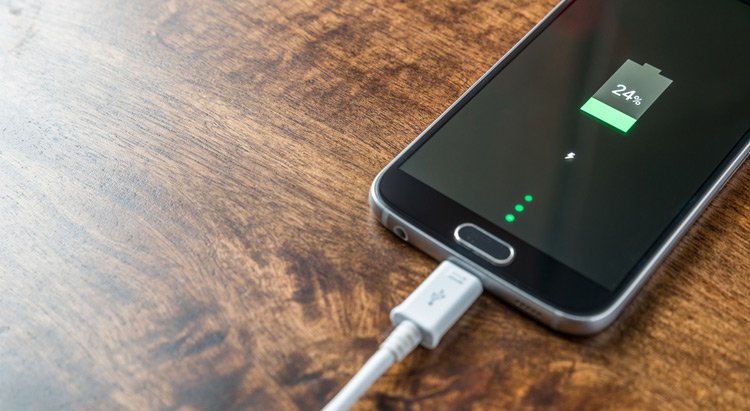Brace yourself for the action-packed movie. You’re a criminal trying to evade the FBI in your Aston Martin Vanquish ride on a highway. An helicopter is tailing you from above. You then enter a tunnel with multiple exits to lose track of your ride.
A VPN just works as described in our award-winning movie above. VPN connects different roads and turns them into one, and an helicopter can’t see what’s happening inside the tunnel.
I’m definitely sure that someone has recommended a VPN service to create a Paypal account or to do carding.
Probably, they told you that a VPN is great. It lets you unblock geo-tagged content and avoid the firewall of others or browse the internet securely or anonymously. VPNs are good sometimes, but its usage can be really dangerous as not using one if you don’t know what you’re doing.
Read Also: Tips on how to extend your phone’s battery
What the heck is a VPN?
For instance, you work as an IT Technician in a Senior High School. Probably, the school’s computer lab will have multiple computers, a printer, scanner, your tablet and phone. You could now transfer files from one device to another, this is a local network.
Simply put, it is a Virtual Private Network. It creates a secure network connection over a public network such as the internet or a private network owned by a service provider.
Using a VPN is simple. Usually, the user installs the server on a computer or phone at home or the internet cafe. To gain access, the user with the right credentials is authenticated using a unique ID and password. However, the connection will start a point-to-point connection and all your data/network traffic will go through the connection. Like our movie, think of it as a tunnel to elude capture (connection between your pc and server). Everything that goes through the tunnel is encrypted, from one end to another.
Why people use VPN? Pros and Cons
There are some advantages of using a VPN especially with companies. All the employees access office servers to the same private network. Most often, the management tells you to connect to their server to access your mails and other stuffs. It’s really a good way to secure and/or protect sensitive data. Nobody sees what is happening, not even your Internet Service Provider (ISP).
If you live outside of the United States, you know that a VPN can save the day when you’re trying to stream something from Netflix’s movie library, one of the many streaming services that restrict you from using them abroad. Once you set up a VPN connection, all network traffic goes through a tunnel and Netflix’s servers will think that they’re sending data to a customer in the U.S. They’re sending data to an American IP address indeed (the address of the server), but everything is then sent through the VPN tunnel to your device on the other side of the world.
Don’t Miss: New laptop boots in seconds
However, there are few cons of using it. When you use a VPN, all your network traffic goes through the VPN, including your internet traffic. It doesn’t make you magically anonymous. You’re just moving the risk from your ISPs down to the VPN tunnel. The VPN company can sell your data to hackers, scammers and advertisers, in fact they are doing it already. That’s why Vandy (myself, nickname) personally recommend not signing up to a VPN service. You can’t trust them.
As a present for Mother’s Day, many sites now rely on HTTPS (Hypertext Transfer Protocol through a secured connection) to establish a secure connection between your browser and the website you’re using, even Accralately. Install HTTPS everywhere extension to make sure that you use HTTPS as much as possible.
But VPNs can also be useful from time to time.






![Let Me Clear the Air, I Dated Ernest Opoku – Kumawood Star Tracey Boakye [Audio] Tracey Boakye and Ernest Opoku](https://www.accralately.com/wp-content/uploads/2017/07/tracy-and-ernest-218x150.jpg)





